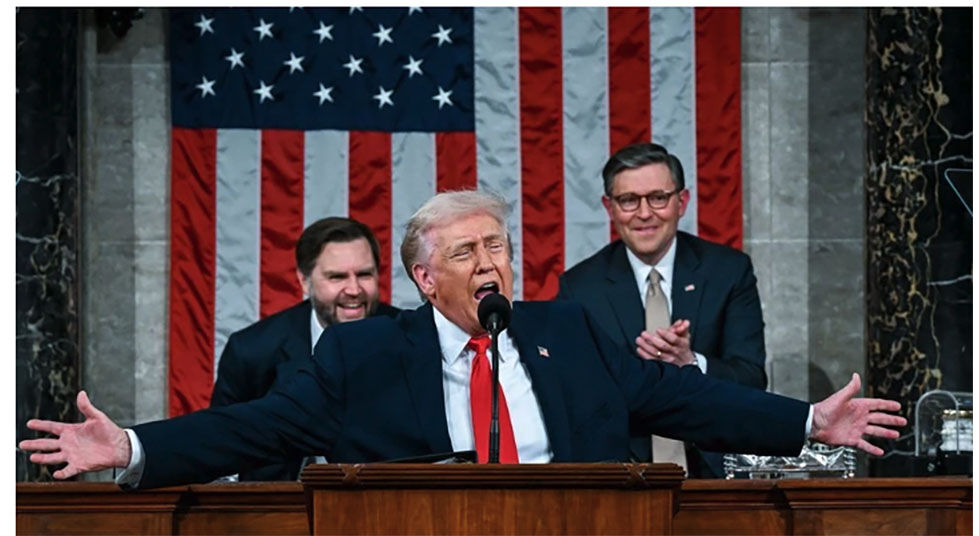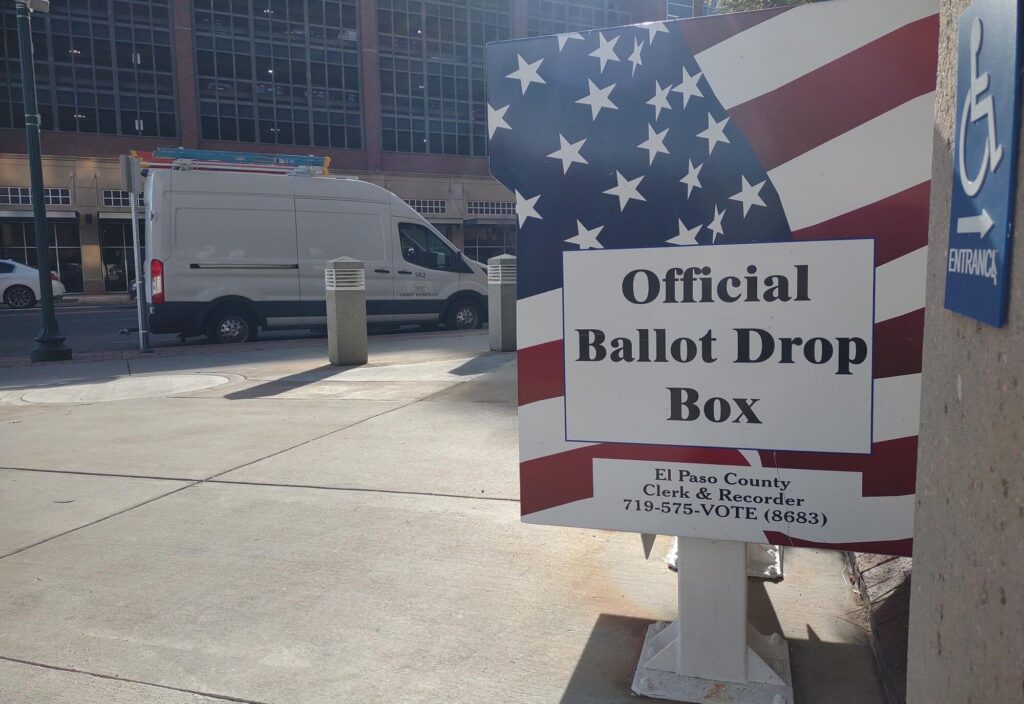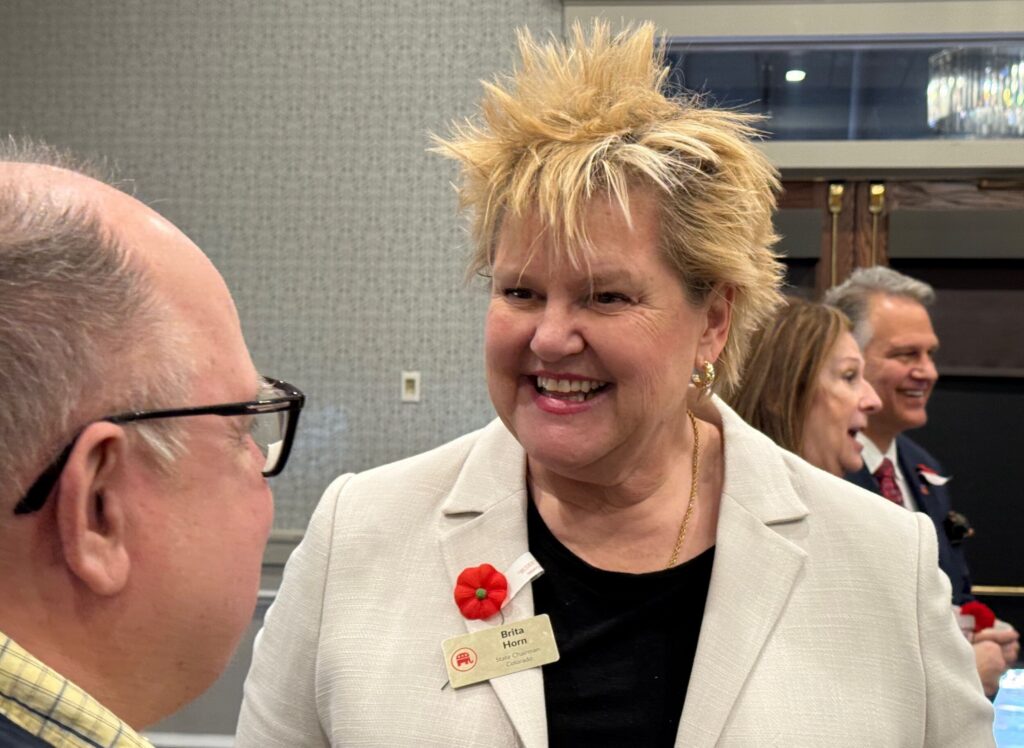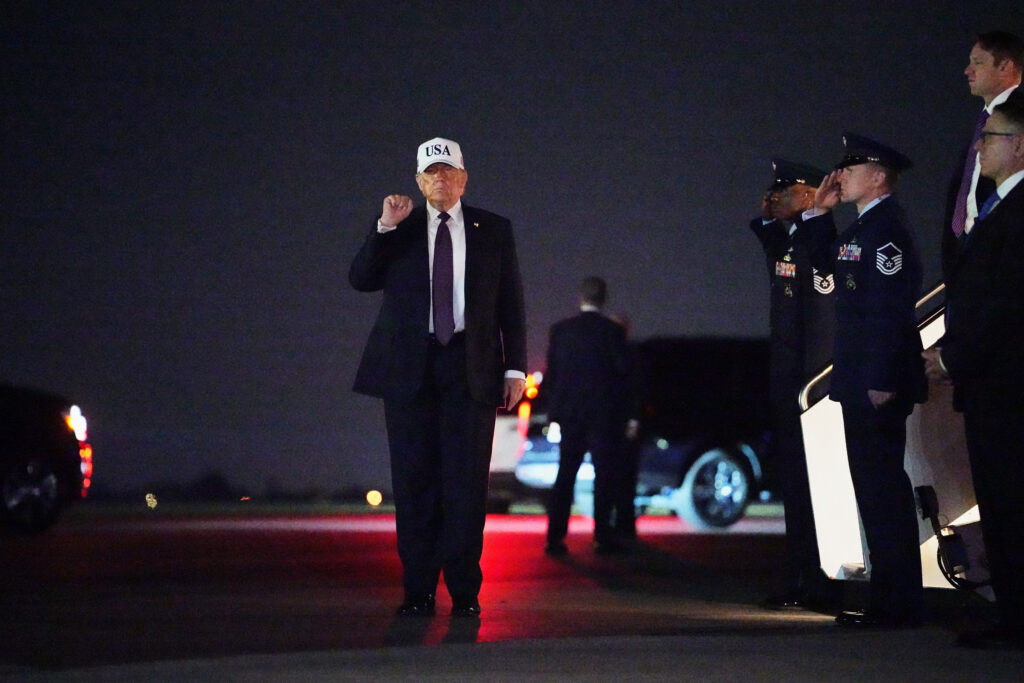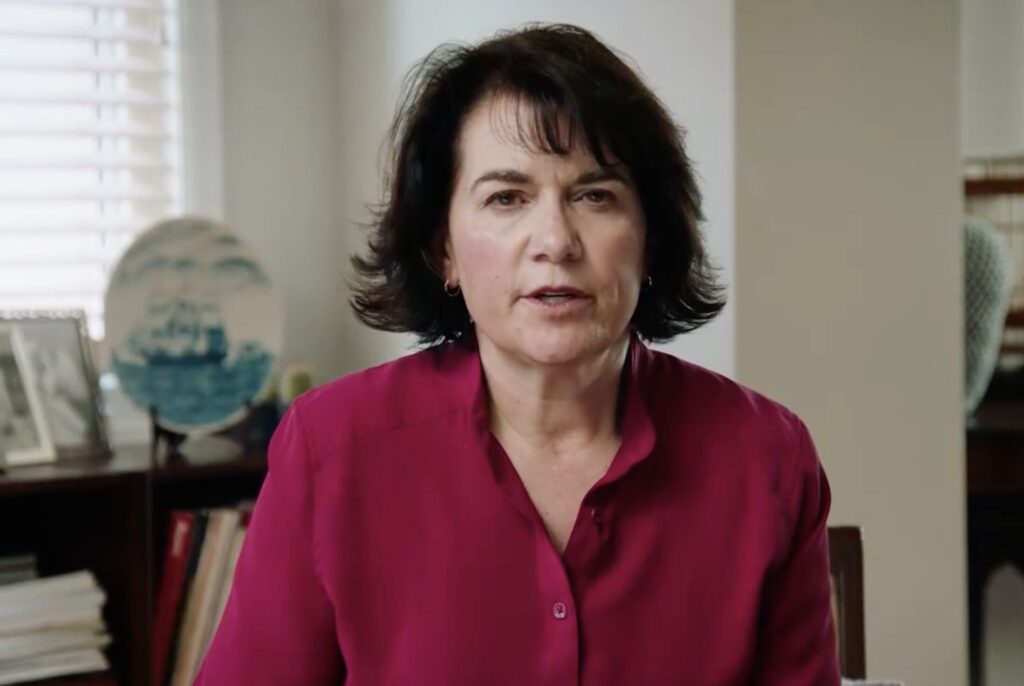Frustrated state lawmakers look to voters to break Capitol gridlock
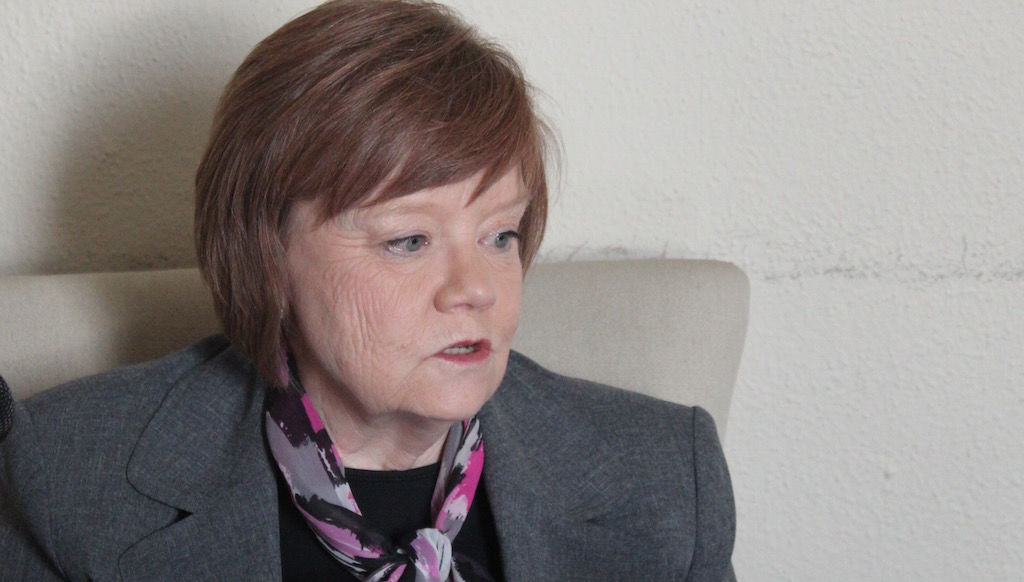
Colorado lawmakers this week expressed disappointment in what they saw as a stunted legislative session where divided chambers blocked major proposals and they looked outside the building toward the ballot box as the best way to move their agendas forward in the future.
Speaker of the House Dickey Lee Hullinghorst, D-Gunbarrel, who is term-limited and leaving the Legislature this year, lamented that Senate Republican leaders resisted a proposal to reclassify the state’s hospital provider fee, a budget move that would have allowed the state to retain an extra $700 million in general fund revenue this year.
“We got the things done we needed to get done this session,” Hullinghorst said. “But we had some big issues we had to leave on the table, which I regret – and I think it was the (Republican-controlled) Senate’s fault. We had a real opportunity with the hospital provider fee proposal to address funding for transportation without raising people’s taxes.”
Hullinghorst said that the one-seat majority enjoyed Republicans in the Senate was not a mandate for obstruction.
“I’m not counting on (Democrats taking over Senate); I’m planning on it,” she said.
Senate Republican leaders said their plans to address affordable housing by reducing builder liability for construction defects and to boost transportation funding through bond proposals were quashed by intransigent Democrat leaders in the House.
“Maybe with new leadership in the House, regardless of what party it is, maybe we can get something through next year,” said Sen. Kevin Grantham, R- Canon City, who is the likely next Senate president should the Republicans retain the majority in November. “We just have to keep trying,” he said. “It’s something we have to keep working on.”
Senate Minority Leader Lucia Guzman, D-Denver, said she too was determined to break through the partisan gridlock she said ruled this year. Democrats just have to push their message out to the public and let the voters do the work that will make the diffrence.
“We’re sad,” she told reporters. “There was so much great potential, phenomenal potential for accomplishing so many great things for the people of Colorado this year. Even though those bills didn’t pass, they still (make up) our agenda, and we’re going to talk about it this summer, and we’re going to continue to let people know, and we’ll see what the people of Colorado think about that when they consider how they want to respond in November.”
House Minority Leader Brian DelGrosso, R-Loveland, who is also term limited, said that sometimes less is more when it comes to passing proposals such as the hospital provider fee.
“A lot of groups are happy that really nothing comes out (of the Capitol) that will have a big impact on their lives or their businesses,” he said. “The fact that a (construction defect) study got sent to a kill committee to me shows that I don’t believe one side was even negotiating in good faith. The reality is if you’re killing a study, you’re refusing to admit there’s even a problem.”
Major success seemed to come this year when the lawmakers were effectively forced to act.
In mere days at the very end of the session, reacting to a Colorado Supreme Court decision, they adjusted the state budget to prepare to pay back what could be more than $100 million in tax refunds to oil and gas companies.
They also passed a compromise bill to phase in over 20 years alcohol sales in grocery stores. The bill staved off what was sure to be a costly rough and tumble ballot initiative war.
-Ramsey@Coloradostatesman.com




